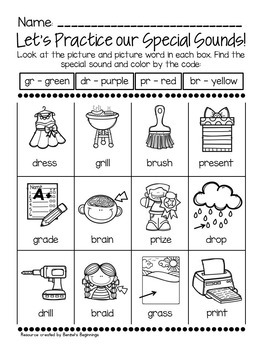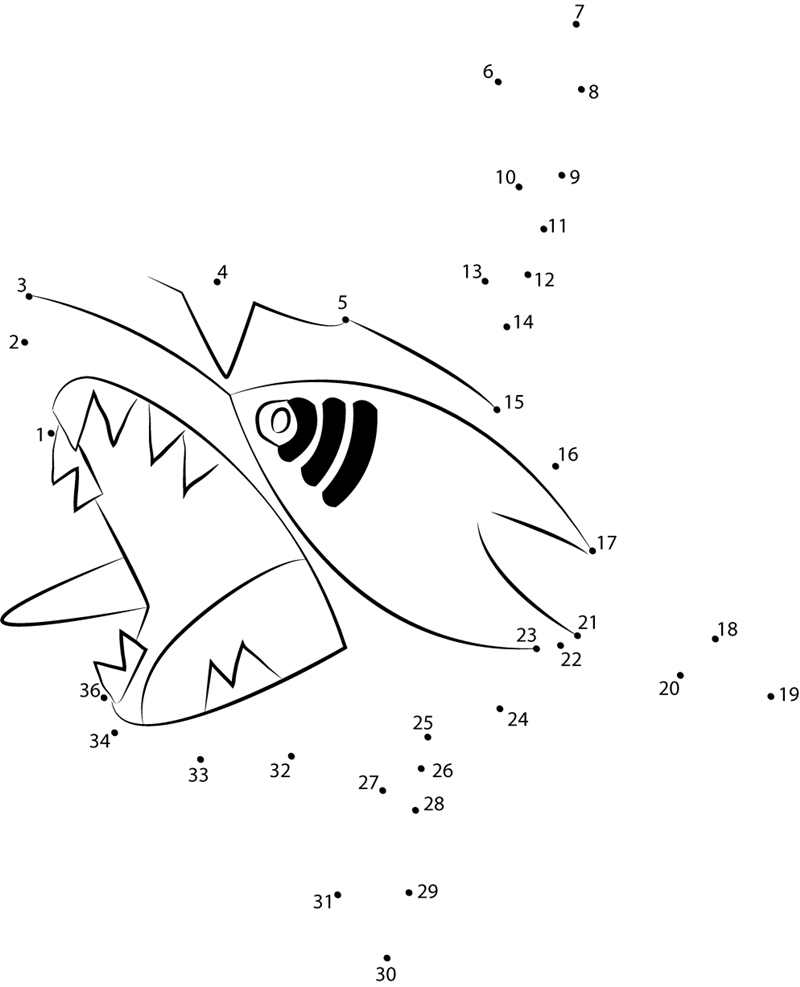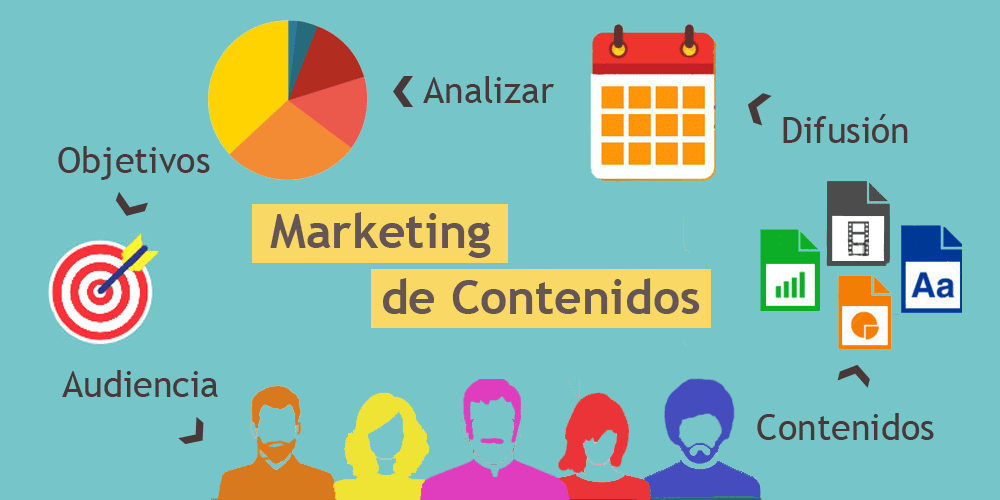No tk curriculum no problem free pacing guide assessments
Table of Contents
Table of Contents
As a parent or caregiver of a kindergarten child, you may have heard the term “special sounds.” The phrase may seem vague, but it is an important concept for young children learning to read. Special sounds refer to sounds that letters make when they are used in specific combinations in words. Understanding special sounds is a crucial first step in learning how to read, and it can set children up for success in the years to come.
Learning special sounds can be challenging for young children, as they must first learn the individual letter sounds before moving on to the special sounds. Additionally, some special sounds may be difficult to decipher, leading to frustration and confusion. However, with proper guidance and practice, children can eventually master special sounds and become confident readers.
The target of kindergarten special sounds is to teach young children to decode words by recognizing the sounds that letters make when paired together. By doing so, children can start to read and understand text on their own, ultimately leading to a love of reading and increased literacy skills.
Overall, mastering special sounds is an essential stepping stone in a child’s journey to becoming a confident and successful reader. By having a good understanding of special sounds from an early age, children can develop a strong foundation for their literacy skills, setting them up for success both in and out of the classroom.
The Importance of Practice in Learning Kindergarten Special Sounds
As previously mentioned, learning special sounds can be challenging for young children. However, with regular practice and reinforcement, children can eventually master these tricky sounds. One way to practice special sounds is through specialized worksheets, which can provide targeted practice in a fun and engaging way. Additionally, incorporating special sounds into everyday activities, such as reading aloud or playing word games, can help children solidify their understanding of this crucial concept.

The Role of Phonics Charts in Kindergarten Special Sounds
Another helpful tool for teaching special sounds is phonics charts. These visual aids can provide a clear and easy-to-understand reference point for children, helping them to identify and remember special sounds. Phonics charts can be used in the classroom or at home, and they can be particularly useful for children who are visual learners.
 When using phonics charts to teach special sounds, it is important to make the learning experience interactive and engaging. For example, you might encourage children to point out words on the chart that contain special sounds, or play a game of “I Spy” using sounds from the chart. By incorporating special sounds into a variety of fun and engaging activities, children can develop a better understanding of this concept and become excited about reading.
When using phonics charts to teach special sounds, it is important to make the learning experience interactive and engaging. For example, you might encourage children to point out words on the chart that contain special sounds, or play a game of “I Spy” using sounds from the chart. By incorporating special sounds into a variety of fun and engaging activities, children can develop a better understanding of this concept and become excited about reading.
The Benefits of Kindergarten Special Sounds
 Learning special sounds can have a variety of benefits for young children. By understanding these sounds, children can start to read and understand text on their own, which can increase confidence and self-esteem. Additionally, children who have a good understanding of special sounds are often better equipped to learn new words, which can accelerate their literacy skills. Finally, by developing a love of reading early on, children can set themselves up for success in all areas of their lives.
Learning special sounds can have a variety of benefits for young children. By understanding these sounds, children can start to read and understand text on their own, which can increase confidence and self-esteem. Additionally, children who have a good understanding of special sounds are often better equipped to learn new words, which can accelerate their literacy skills. Finally, by developing a love of reading early on, children can set themselves up for success in all areas of their lives.
Conclusion
Overall, kindergarten special sounds are a crucial first step in a child’s journey to becoming a confident and successful reader. By providing targeted practice and reinforcement, children can eventually master this concept and develop strong literacy skills that will benefit them for years to come. Whether through worksheets, phonics charts, or interactive activities, incorporating special sounds into a child’s learning environment can be an effective way to set them up for success.
Questions and Answers about Kindergarten Special Sounds
Q: What are some commonly confused special sounds in kindergarten?
A: Some special sounds that may be difficult for children to differentiate include “ch” and “sh,” “ph” and “f,” and “wh” and “w.”
Q: How can I help my kindergarten child master special sounds?
A: One way to help your child master special sounds is through regular practice and reinforcement. This may include using worksheets, playing word games, or incorporating special sounds into everyday conversations.
Q: Are there any fun and engaging ways to teach special sounds?
A: Yes! Try incorporating special sounds into games like “I Spy,” or even creating a scavenger hunt for words that contain special sounds. Additionally, phonics charts can be a helpful visual aid to make learning special sounds more engaging.
Q: What are some benefits of learning special sounds in kindergarten?
A: By learning special sounds, kindergarten children can develop a strong foundation for their literacy skills, making it easier for them to learn new words and become confident readers. Additionally, by developing a love of reading early on, children can set themselves up for success in all areas of their lives.
Conclusion of Kindergarten Special Sounds
Learning special sounds in kindergarten is an essential step in developing strong literacy skills. By using specialized worksheets, phonics charts, and interactive activities, children can become confident in their ability to recognize and decode special sounds, ultimately leading to a love of reading and increased success in all areas of their lives.
Gallery
Special Sounds Worksheets Set 2 By Benzel's Beginnings | TpT

Photo Credit by: bing.com / special sounds worksheets set preview
Pin By Alvin Chua On Alvin Chua | Kindergarten Phonics Worksheets

Photo Credit by: bing.com / worksheets phonics vowel vowels digraph blends chua vocabulary alvin kindergartenworksheets ympke bukaninfo digraphs everestctf basecampjonkoping
No TK Curriculum? No Problem! (FREE Pacing Guide & Assessments

Photo Credit by: bing.com / sounds jolly vowels saxon vowel phonic phonetic heidisongs letterland teach cvc tk flashcard digraphs flashcards phonetics esgi
Special Sounds Worksheets For Kindergarten - Math Worksheets Free
Photo Credit by: bing.com /
Phonics Chart 6 | Phonics Chart, Phonics, Phonics Lessons

Photo Credit by: bing.com / phonics abeka vowel sound homeschool beka flashcards abecca pedia





